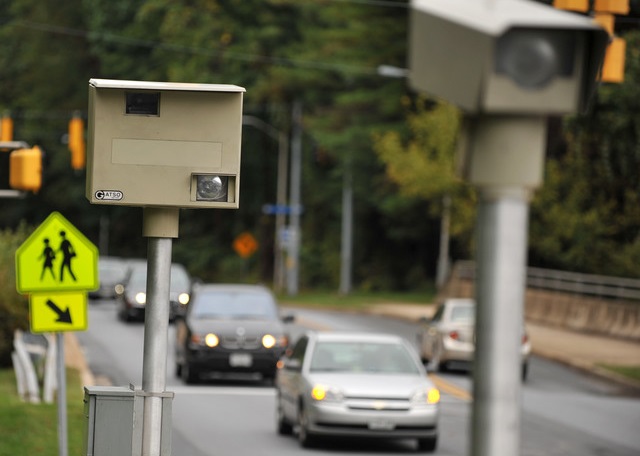Criticism by privacy advocates has caused the U.S. Homeland Security Department (DHS) to review its proposal for private companies to provide the government with a U.S.-wide database of licence plate tracking information. The concerns raised by privacy advocates include the gratuitous nature of the privacy intrusion, the lack of regulations and safeguards regarding the data collection, and the lack of measures that would provide for audits of the system.
The data collection proposal by the DHS was made public Feb. 12 on the government website, Federal Business Opportunities. The website, also known as Fed Biz Ops, is a public access service on which all Federal Procurement Opportunities over $25,000 are available to view. The DHS’s solicitation was for a private company to collect, store, and provide license plate data on a national scale. The data collection, similar to the NSA’s bulk telephony data collection, would constantly track and forever store the movements of vehicles across America. Like telephone metadata, location data can often tell more than content data about behavior and activities. Jennifer Lynch, attorney at Electronic Frontier Foundation, explained that this type of data can tell who a person associates with, what religion they practice, and what doctors they visit, among other information.
One concern raised by privacy advocates is that a program such as the one proposed would track the behavior and activities of non-criminal citizens. Privacy advocates consider this an imposition and do not believe the imposition has justification in its benefits to law enforcement. Another concern is that the proposed program had no specific regulations or safeguards. There was no telling low long records would be kept or what government agencies besides the DHS would have access to the records. Relatedly, the method of use for the system included anonymous, alias, and full identity use, which caused privacy advocates concern because there would be no way to audit the use of the database and so no way to know which information requests were legitimate or hold accountable unidentifiable abusers of the system.
Mike German, a former F.B.I. special agent and current fellow at New York University School of Law’s Brennan Center for Justice, speaking on behalf of the American Civil Liberties Union, stated that there should be “strict public guidelines” about what information is collected, who has access to that information, and for what purposes the information is allowed to be used. German also commented on government claims that the information was necessary to help solve serious crimes, saying that the information is often used for very low-level crimes.
The plan proposed by the DHS was for a commercial enterprise to collect and store license plate data (rather than the government creating its own database). The targets of the plan, according the DHS, were fugitives and undocumented immigrants. The system would have allowed officers of the law, once those officers had an investigative lead, to query the database with plate numbers to determine where and when the vehicle traveled. The plan included a smartphone ap so that information records would be available around-the-clock and from any location.
Currently, several large private companies are already providing license plate data to businesses and law enforcement agencies. Law enforcement agencies have used these services to recover abducted children, solve murders, and track down automobiles for repossession. License plate databanks also reduce surveillance man-hours and improve the safety of law enforcement officers, according the U.S. immigration and Customs Enforcement (ICE) agency.
The U.S.-wide license plate data collection program proposal was cancelled by the Department of Homeland Security the week after it was submitted. No official reason was provided for why the proposal was made or why it was withdrawn. Gillian Christensen, a spokesperson for ICE, announced that the proposal had been made “without the awareness of the ICE leadership.”
By Day Blakely Donaldson
Sources:
